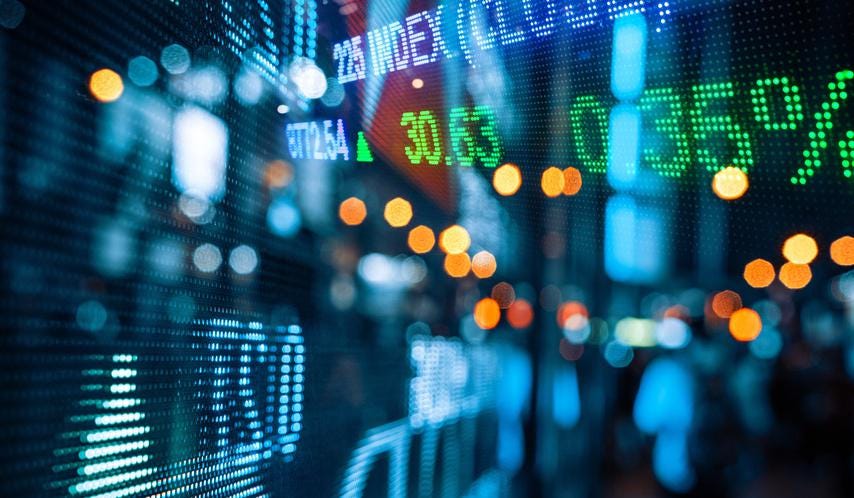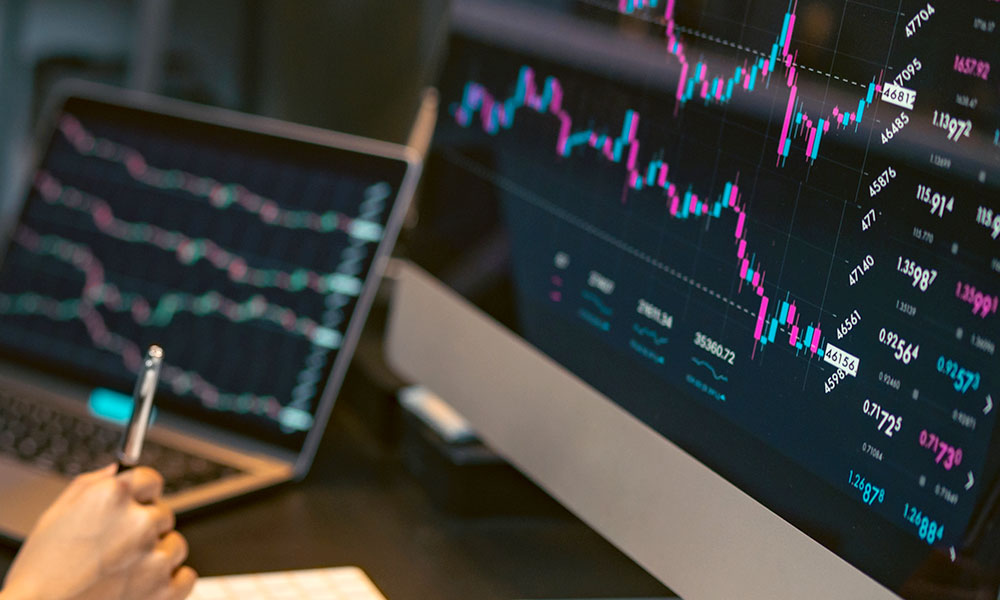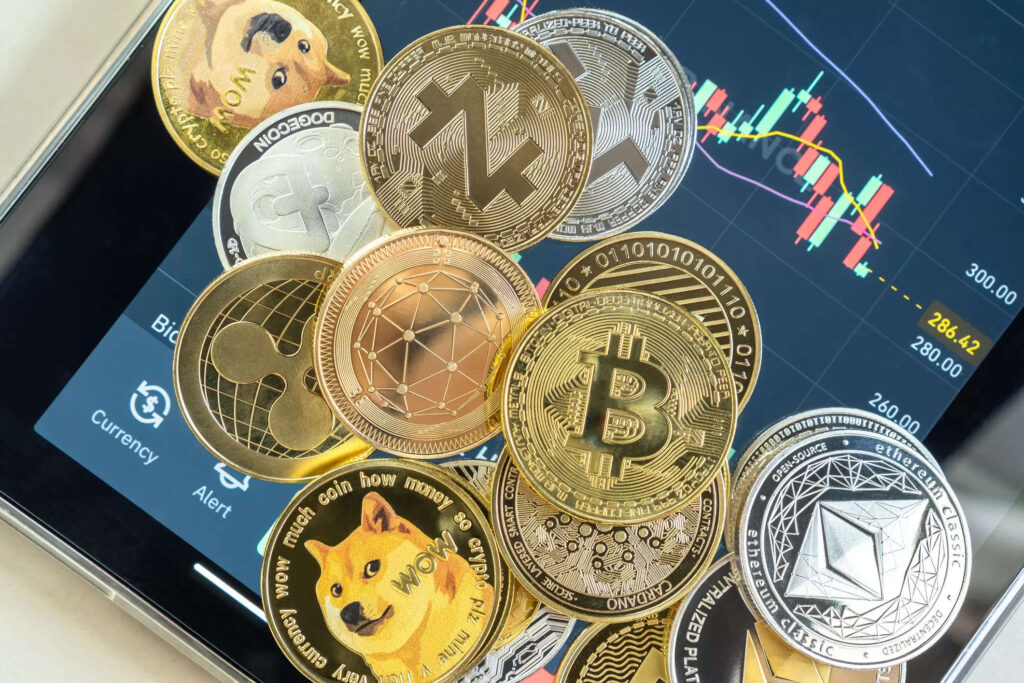In the ever-evolving world of digital finance, cryptocurrency has taken the world by storm, offering users new ways to buy, sell, and trade digital assets. However, not all cryptocurrency exchanges are created equal. As the market has grown, so too have the number of unregulated exchanges, leading to increased risks for investors. In this blog post, we will explore the dangers of using unregulated cryptocurrency exchanges and the key factors you need to be aware of to protect your investments.
Security Concerns

One of the primary risks associated with using unregulated cryptocurrency exchanges is the lack of security measures in place to protect users’ assets. Unlike regulated trading platforms, which must adhere to strict security protocols and industry best practices, unregulated platforms may not have the same level of protection, leaving users vulnerable to hacks, thefts, and other cyber-attacks. This is why it’s essential to read crypto exchange reviews before choosing a platform to trade on.
The absence of a robust security framework means that unregulated exchanges can be more easily compromised, resulting in the loss of users’ funds. In recent years, there have been several high-profile hacks of unregulated exchanges, leading to millions of dollars’ worth of cryptocurrencies being stolen. In the absence of regulation, these exchanges may not have the resources or motivation to implement necessary security measures, putting users at risk.
Regulatory Oversight and Protection of Funds

Regulation is vital in any financial industry, ensuring that businesses adhere to strict rules and guidelines that protect consumers and maintain market integrity. Regulated cryptocurrency platforms are subject to oversight by government bodies and financial regulators, which helps to ensure transparency, fairness, and safety for users.
Unregulated exchanges, on the other hand, do not have the same level of oversight, meaning that they can operate without adhering to established rules and regulations. This lack of accountability can lead to a host of issues, including the potential for mismanagement of users’ funds, operational failures, and even outright fraud. Investors using unregulated exchanges have little recourse if their assets are lost or stolen, as there is no regulatory body to turn to for assistance.
Lack of Insurance
Regulated cryptocurrency exchanges often provide insurance coverage for users’ funds, offering a safety net in case of losses due to theft or hacking. This coverage is typically provided through custodial services, which hold and protect users’ assets in secure storage.
Unregulated exchanges, however, are not required to provide insurance coverage, leaving users exposed to potential losses. In the event of a hack or theft, users may find themselves without any recourse to recover their lost funds. This lack of insurance coverage can result in significant financial losses for users and undermines the overall security of their investments.
Market Manipulation

Market manipulation is a significant concern in the world of cryptocurrency trading, particularly on unregulated exchanges. These platforms can be more susceptible to price manipulation, insider trading, and other unethical practices, as they are not subject to the same regulatory scrutiny as their regulated counterparts.
This lack of oversight can lead to price distortions and artificial volatility, which can have severe consequences for investors. In some cases, market manipulation can cause sudden price drops or surges, leaving unsuspecting users holding significant losses. Moreover, these practices can undermine the overall stability and reputation of the cryptocurrency market.
Customer Service Issues

Quality customer service is essential in any industry, but it’s particularly important when dealing with financial services and investments. Regulated exchanges are required to maintain a certain level of customer service, ensuring that users can quickly access support and assistance when needed.
Unregulated cryptocurrency exchanges, however, may not place the same emphasison customer service, leading to a range of issues for users. These can include slow response times, lack of communication, and inadequate resolution of problems. In some cases, unregulated exchanges may even ignore customer complaints altogether, leaving users frustrated and without recourse.
The lack of quality customer service can be especially problematic for users who encounter technical issues or require assistance with their accounts. With no regulatory body overseeing these exchanges, users may find themselves with limited options when trying to resolve issues, which can lead to lost funds, missed trading opportunities, and overall dissatisfaction.
The Threat of Exit Scams

Exit scams have become an unfortunate yet increasingly common occurrence in the world of unregulated cryptocurrency exchanges. These scams typically involve the operators of an exchange suddenly disappearing with users’ funds, leaving investors with no way to recover their assets. This dishonest practice not only results in significant financial losses for users but also undermines the overall trust and stability of the cryptocurrency market.
Exit scams typically follow a similar pattern. First, an unregulated exchange gains the trust of users by offering attractive features such as low trading fees, a user-friendly interface, and a wide range of cryptocurrencies. As more users join the platform and deposit their funds, the exchange accumulates a large pool of assets.
At some point, the operators of the exchange decide to cash out, shutting down the platform and disappearing with users’ funds. Users are often left with little to no warning and no recourse to recover their lost assets, as the anonymous nature of cryptocurrencies makes it difficult to trace the funds or identify the perpetrators.
Difficulties in Tracking Tax Liabilities

Tax compliance is a critical aspect of cryptocurrency trading, but unregulated exchanges may not provide users with the necessary tools or documentation to accurately track and report their transactions for tax purposes. Unlike regulated exchanges, which often offer detailed transaction history and tax reporting features, unregulated platforms may lack such support.
This can create significant challenges for users trying to calculate their tax liabilities, leading to potential discrepancies in their tax filings. Noncompliance with tax regulations can result in hefty fines and legal consequences, making it crucial for users to consider the tax implications when choosing a cryptocurrency exchange.
Conclusion
To protect your investments and ensure the safety of your assets, it is crucial to choose a regulated cryptocurrency exchange that adheres to strict industry standards and is subject to oversight by government bodies and financial regulators. By doing so, you can mitigate the risks associated with unregulated exchanges and enjoy a safer, more secure trading experience. Always do thorough research before selecting an exchange, and remember that the long-term security of your investments should be your top priority.




